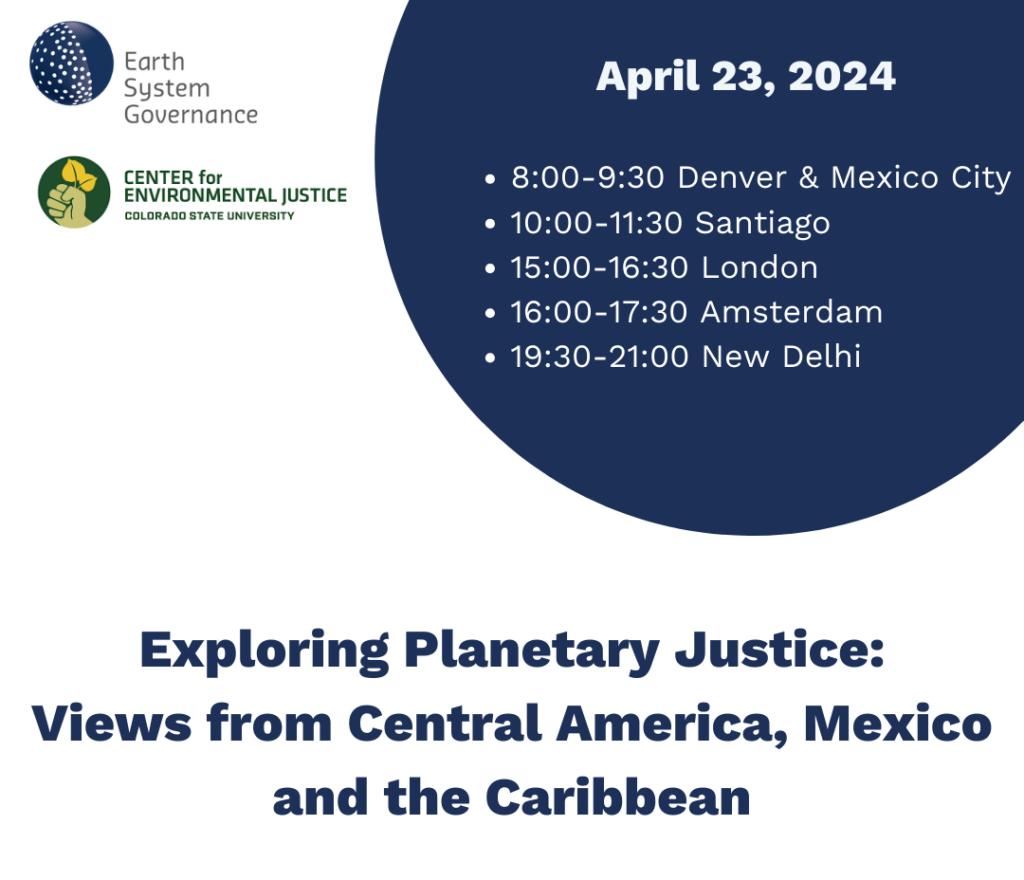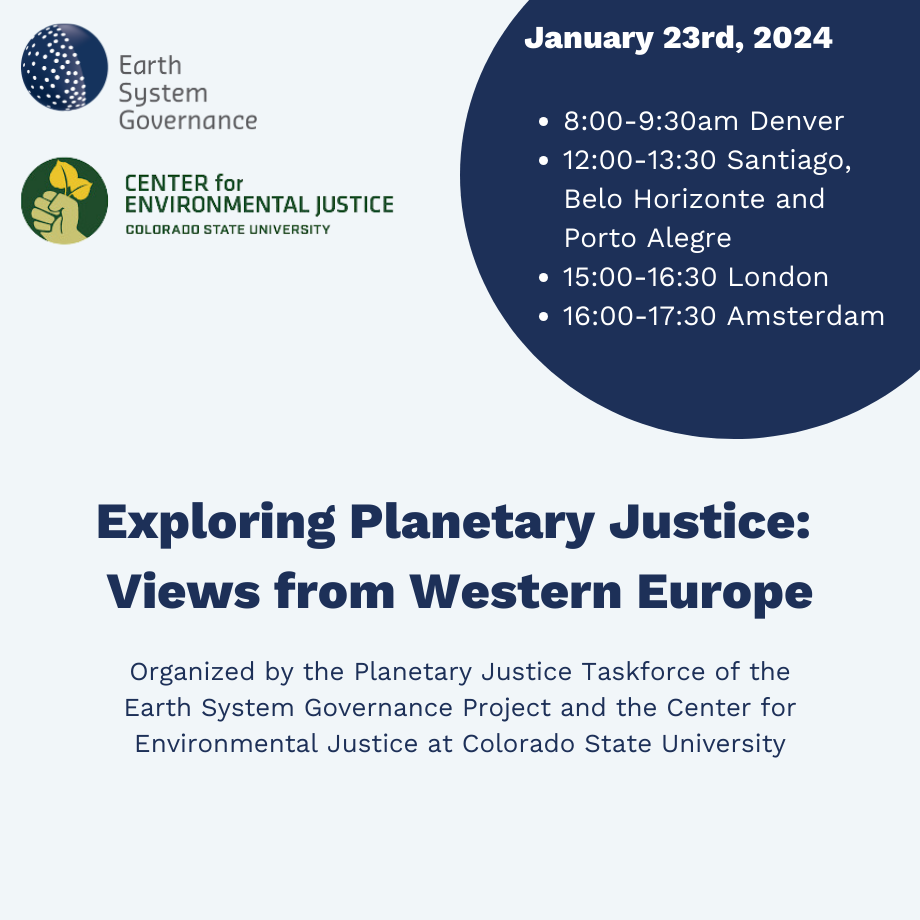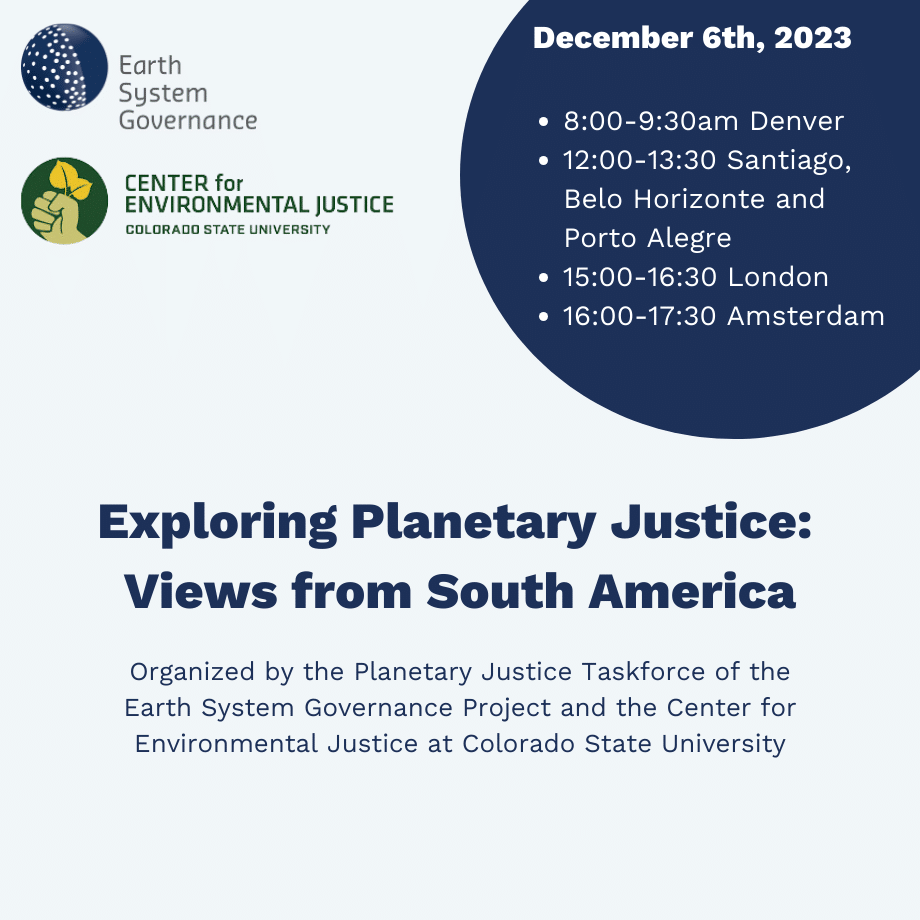On 21 October 2009, the Chinese National Committee for the International Human Dimensions Programme on Global Environmental Change (CNC- IHDP) organised a workshop in the Human Dimensions of Global Environmental Change. This workshop was held at the Institute of Geographic Sciences and Natural Resources Research (IGSNRR), Chinese Academy of Sciences (CAS). Chaired by Prof. Ge Quansheng, Secretary-General of CNC-IHDP, and Deputy Director of IGSNRR, representatives from several IHDP project and the IHDP Secretariat presented their work and recent developments.
The workshop was opened by Prof. Ge Quansheng, who presented the history, structure, and activities of CNC-IHDP, an academic organization aiming at promoting and organizing China to be an active member of the IHDP. CNC-IHDP is directly led by the China Association for Science and Technology (CAST) and the Department of International Cooperation in the Ministry of Science and Technology of the People’s Republic of China (MOST) is responsible for the concrete operation of the CNP-IHDP. (http://www.ihdp-cnc.cn)
In his capacity as Programme Officer at the IHDP Secretariat, Ruben Zondervan gave a briefing to the workshop participants on recent developments and upcoming events and activities in the IHDP network in general and the IHDP Secretariat and the IHDP National Committees in particular. (http://www.ihdp.org)
Prof. Frank Biermann, chair of the Earth System Governance Project, and professor at the VU University Amsterdam, outlined the concept of ‘earth system governance’ and the research programme of the Earth System Governance Project. The IHDP Earth System Governance Project is an international, interdisciplinary, long-term social science research project, formally established in October 2008. The project strives for fundamental and applied research on the interrelated and increasingly integrated system of formal and informal rules, rule-making systems and actor-networks at all levels of human society (from local to global) that are set up to steer societies towards preventing, mitigating, and adapting to global and local environmental change and, in particular, earth system transformation, within the normative context of sustainable development. (http://www.earthsystemgovernance.org)
Subsequently, Prof Wang Ming, Director of the Institute of Integrated Risk Management at the Beijing Normal University, presented the IHDP pilot science project on Integrated Risk Governance (IRG), and the research concept of the project that centres on comparing entry and exit strategies. The IRG project builds on the realisation in the global risk community that a new set of risk issues will become increasingly relevant in the future: issues of Integrated Risk Management and Governance. The project has been proposed by CNC-IHDP with support of the Ministry of Science and Technology of the People’s Republic of China and is well advanced in its development to become a new IHDP core science project. (http://www.irg-project.org)
Prof. Wang Wuyi, head of the Centre for Environment, Health and Development, and professor at IGSNRR, presented scientific data and a summary on the challenges posed to human health by environmental problems in China. He placed these problems in a global perspective as advanced by the Global Environmental Changes and Human Health (GECHH) Project, a joint project of the Earth System Science Partnership (ESSP). GECHH aims to create an international network of researchers who can identify and quantify health risks posed by global environmental change, and develop adaptation strategies that are cost effective for reducing health risks. (http://www.essp.org/index.php?id=13)
The final presentation of the workshop on CODATA in China was given by Prof. Liu Chuang, Scientific Data Center on Natural Resources and Environment at IGSNRR and included many other activities including the Global Alliance for Information and Communication Technologies and Development (UN GAID), in which she is a high-level adviser. UN GAID strives for a truly global forum to comprehensively address cross-cutting issues related to ICT in development.
The presentations were followed by a long, constructive and fruitful discussion on human dimensions research in China. The workshop participants also discussed a number of potential synergies between the presented projects and explored areas for future collaborations under auspices of the CNC-IHDP between the projects and Chinese researchers and research institutions. The workshop clearly illustrated the vibrant activities of CNC-IHDP, its strong involvement in IHDP research activities, and the importance of China in research and policy on global environmental change.



